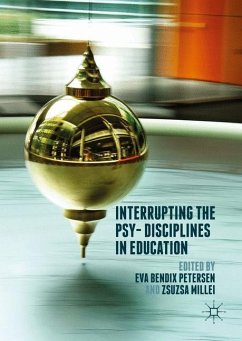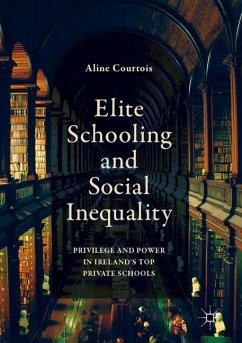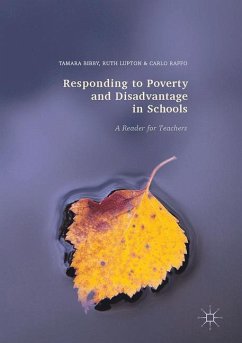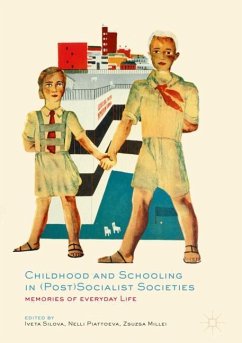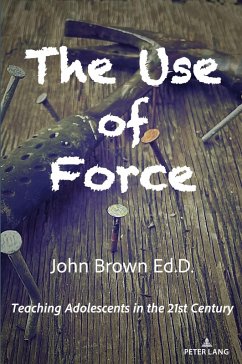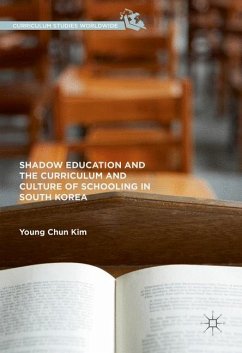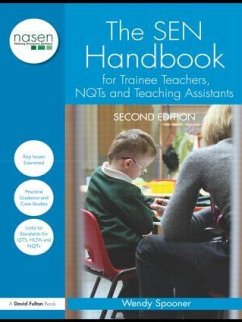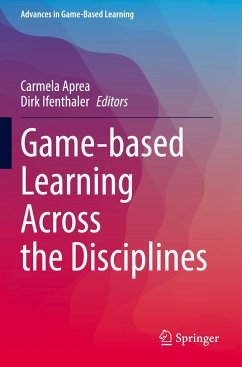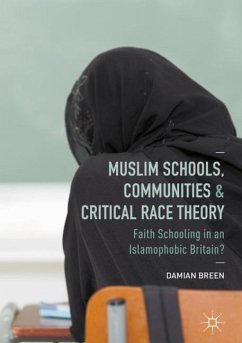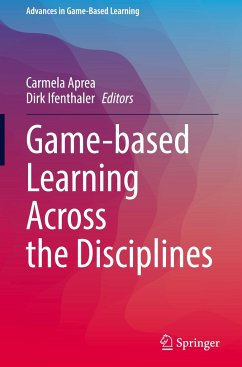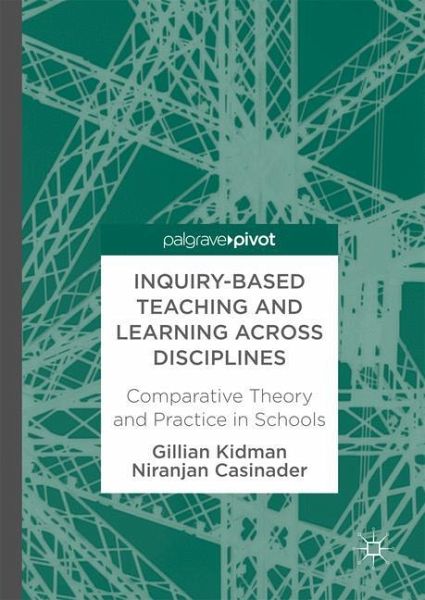
Inquiry-Based Teaching and Learning across Disciplines
Comparative Theory and Practice in Schools

PAYBACK Punkte
23 °P sammeln!
This research-based book dissects and explores the meaning and nature of Inquiry in teaching and learning in schools, challenging existing concepts and practices. In particular, it explores and contests prevailing attitudes about the practice of inquiry-based learning across the Science, Geography and History disciplines, as well as focusing on the importance of the role of teacher in what is frequently criticised as being a student-controlled activity. Three frameworks, which are argued to be necessarily intertwined for discipline-specific literacy, guide this inquiry work: the classroom goal...
This research-based book dissects and explores the meaning and nature of Inquiry in teaching and learning in schools, challenging existing concepts and practices. In particular, it explores and contests prevailing attitudes about the practice of inquiry-based learning across the Science, Geography and History disciplines, as well as focusing on the importance of the role of teacher in what is frequently criticised as being a student-controlled activity.
Three frameworks, which are argued to be necessarily intertwined for discipline-specific literacy, guide this inquiry work: the classroom goals; the instructional approach; and the degree of teacher direction. The foundation of the analysis is the notion of educational inquiry as it is structured in the Australian Curriculum, along with the locating of the study in international trends in inquiry learning over time. It will be of great interest to researchers, higher degree students and practicing professionals working in Education and Sociology.
Three frameworks, which are argued to be necessarily intertwined for discipline-specific literacy, guide this inquiry work: the classroom goals; the instructional approach; and the degree of teacher direction. The foundation of the analysis is the notion of educational inquiry as it is structured in the Australian Curriculum, along with the locating of the study in international trends in inquiry learning over time. It will be of great interest to researchers, higher degree students and practicing professionals working in Education and Sociology.





